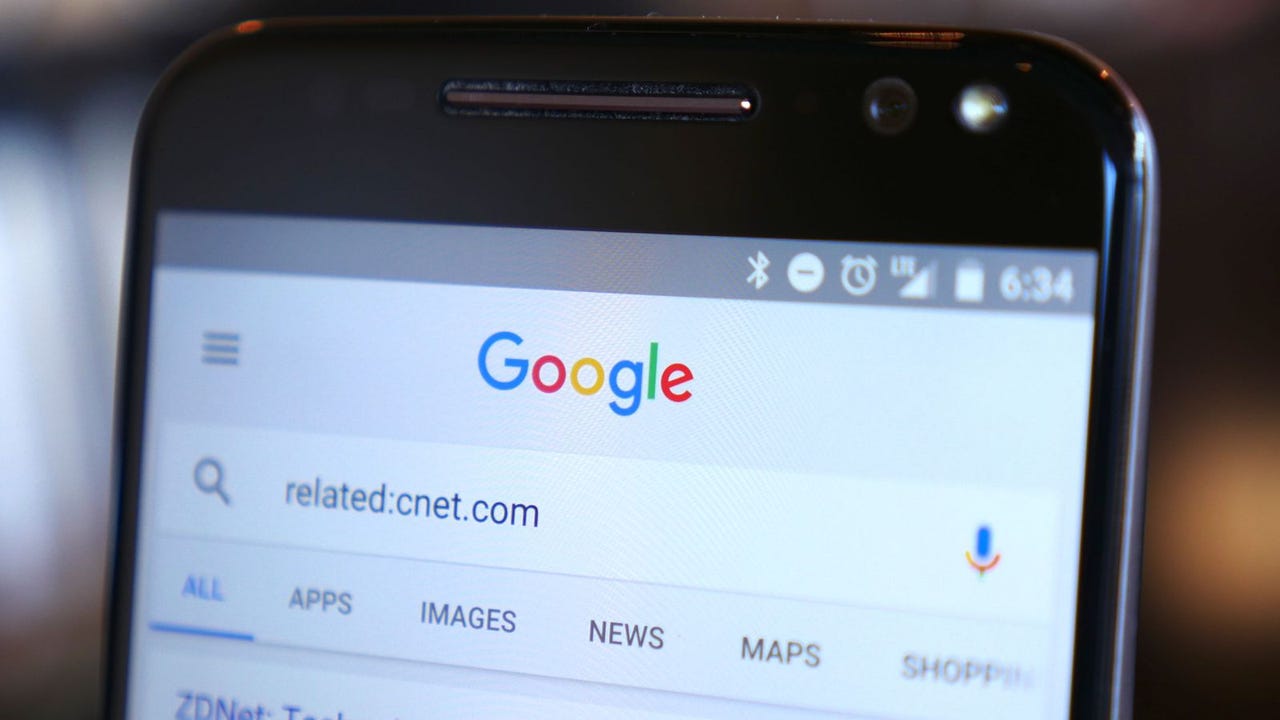Google isn't violating copyright, says court, even if its thumbnails are of pirated photos

Germany's federal court says Google can't be expected to check whether images scraped by its systems are legally posted.
Google's image-search engine does not violate copyright by showing people thumbnails of copyright-infringing pictures, Germany's federal court of justice has ruled.
The Bundesgerichtshof has been considering a case that dates all the way back to 2009. The US adult website Perfect 10, which had already proved an enthusiastic litigant in the US, sued AOL Germany for showing thumbnails of pictures of its models.
Specifically, people had taken images from behind Perfect 10's paywall and unlawfully published them elsewhere online. It was from those sites that Google, whose image-search engine was powering AOL's services, took the thumbnails that it then presented to users.
As the case wended its way through the courts, Perfect 10 maintained that it was owed damages for copyright infringement. Last week, though, the Bundesgerichtshof disagreed.
Germany's highest civil and criminal court said, under German and EU law, Google's tool was not infringing copyright by reproducing the thumbnails of Perfect 10's models.
A key precedent here was the case of GS Media vs Sanoma, in which the Court of Justice of the European Union last year ruled that it is possible to infringe copyright by posting links to copyright-infringing material.
In that case as in the Google one, pictures of naked models were the material in question. GS Media is the publisher of the prankster blog GeenStijl, which repeatedly and deliberately linked to unauthorized copies of pictures published by Playboy's Dutch edition.
That ruling hinged on the linker knowing that it is linking to copyright-infringing material. When the posting of the link is done for profit, the EU court added, "It may be expected that the person who posted such a link should carry out the checks necessary to ensure that the work concerned is not illegally published".
However, in the case involving Google, the German federal court said the search engine could not be expected to check whether the images scraped by its thumbnail-generating systems were legally posted to the web in the first place. That responsibility lies with whoever puts them online.
The German court noted that search engines' links need to be treated differently from the links posted by others people and organizations, "because of the particular importance of internet search services for the functionality of the internet". This position is in line with EU case law, it said.
Google's German spokesperson declined to comment on the ruling as Google was not officially party to the case.
